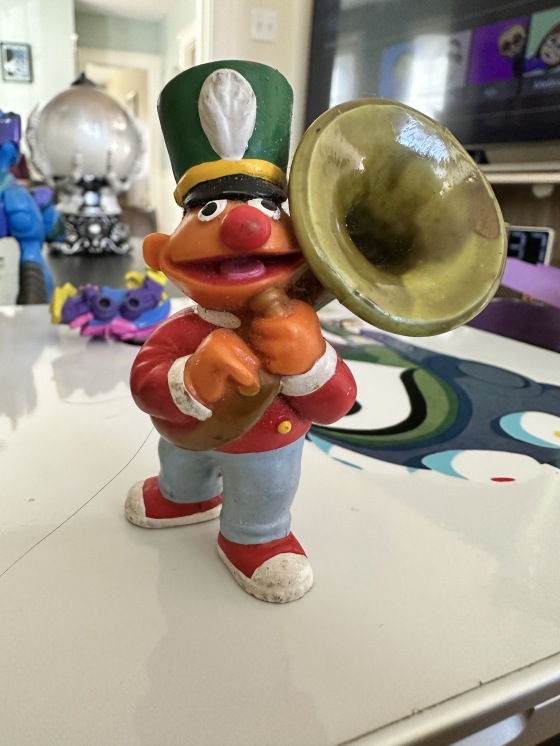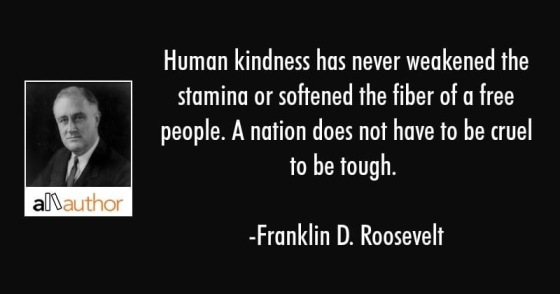2022.10.30
For the past few years I've been trying to identify a model of mind that seemed most true to my experience. It seems like a critical bit of self-knowledge, as well as a way of understanding others... I'm pretty sure consciousness is not a monolithic thing even if (long ago) I used to think my inner monolog was "it" - or rather, was "me". But what then ARE the parts, and what is their relationship?
Freud posited id, ego, superego and while he got so much wrong, that core idea - one part with emotional energy, another with society's rules, a middle part negotiating between them - still has some basic validity, and is non-obvious.
I used to write a lot about Jonathan Haidt's "The Rider and the Elephant", where the rider of consciousness might think it's in control and making decisions but really it's at best helping guide the elephant of emotions that's doing all the work. (Also, my friend Arun saying his depression was not like an uncontrollable elephant but rather one that had fallen into a deep slumber was important to my understanding of depression.)
McGilchrist writes of "The Master and His Emissary", the older and holistic but non-linguistic right hemisphere being usurped by the reductionistic left that can then better use tools like language. I think there is a lot to that, but it feels there are more players than just the two. (It also makes me paranoid that my inner voice producing part is taking too much credit for guiding things... but leaning into that I then worry about undervaluing its contribution...)
The movie "Inside Out" has specific interior characters each dedicated to a single part of the emotional spectrum. I like this one, but I'm not convinced my actors are always the same part dealing with the same feeling.
So contrast that to the more symmetrical clamoring multitude of mind parts in Minsky's "Society of Mind" - but I'm not sure the parts all that symmetric, that different parts are doing different work and it's not just the hierarchy they form.
There's always pop culture "inner child". Though sometimes my other part would seem more like a clever, non-verbal dog. Always on the lookout for its owner's distraction providing a chance to grab a tasty treat...
That inner child aspects gets more formally developed in Internal Family Systems, which emphasizes wounded inner children and the guardian systems set up to protect them, along with a few other types. This is getting a lot closer to where I am getting to, but it seems a little overly specified. It seems better geared at working through specific issues and kind of assumes these inner traumas, while I'm trying to figure out why I seem to have stumbled on relative tranquility.
So, at long last, my (current) favorite model: mind as a noisy K-12 classroom, with the conscious, rational, verbal self as a teacher and a pile of students. Different kids have different interests, and levels of anxiety or fear or project more positive emotions. Sometimes a single kid is having a full-on tantrum and disrupting everything. Sometimes a kid with an unaddressed concern is being more low-key disruptive but adding to the stress and strain on the teacher and the class as a whole. (No, the metaphor still isn't perfect).
And I got here by noticing my inner classroom seems to run more smoothly than some other folks', my students are more likely to wait for the support of the teacher before acting. Which is useful (and my friend Alison pointed out that maybe this kind of general cheerful equanimity of a smooth running classroom is ultimately a better place to have despite my fear of missing out on kids more inclined to start squealing with happiness...)
I try to get this to explain why it took me so long to understand why others found meditation calming. For a lot of people wandering thoughts constantly retrigger anxieties. But my inner students... I don't know, it's like somehow my inner teacher gave them the idea that while their concerns are valid, they don't have to be so loud about them, they shouldn't constantly be yelling and trying to get the whole class focused on what they're concerned about.
So I do like this model, and having leaned into has brought a sense of peace and "this is more right than what I thought before". I think about clues I had before... like when my partner is having a spike of anxiety that she and I both know is't entirely rational, I notice then that I'm more inclined to slip into language like "baby". And maybe i can be not that I'm judging her as being childish, but that she has this one particular noisome student... one that needs to be acknowledged and validated and then will be better able to listen to the teacher of the higher self.
2024 Update: I should have also listed Scientology and "Body Thetans", or even old Christian "the devil made me do it" type thinking that might attribute such thoughts to an external entity. I think there might be a utility in that.
ernie is my guru. (so is bert)


